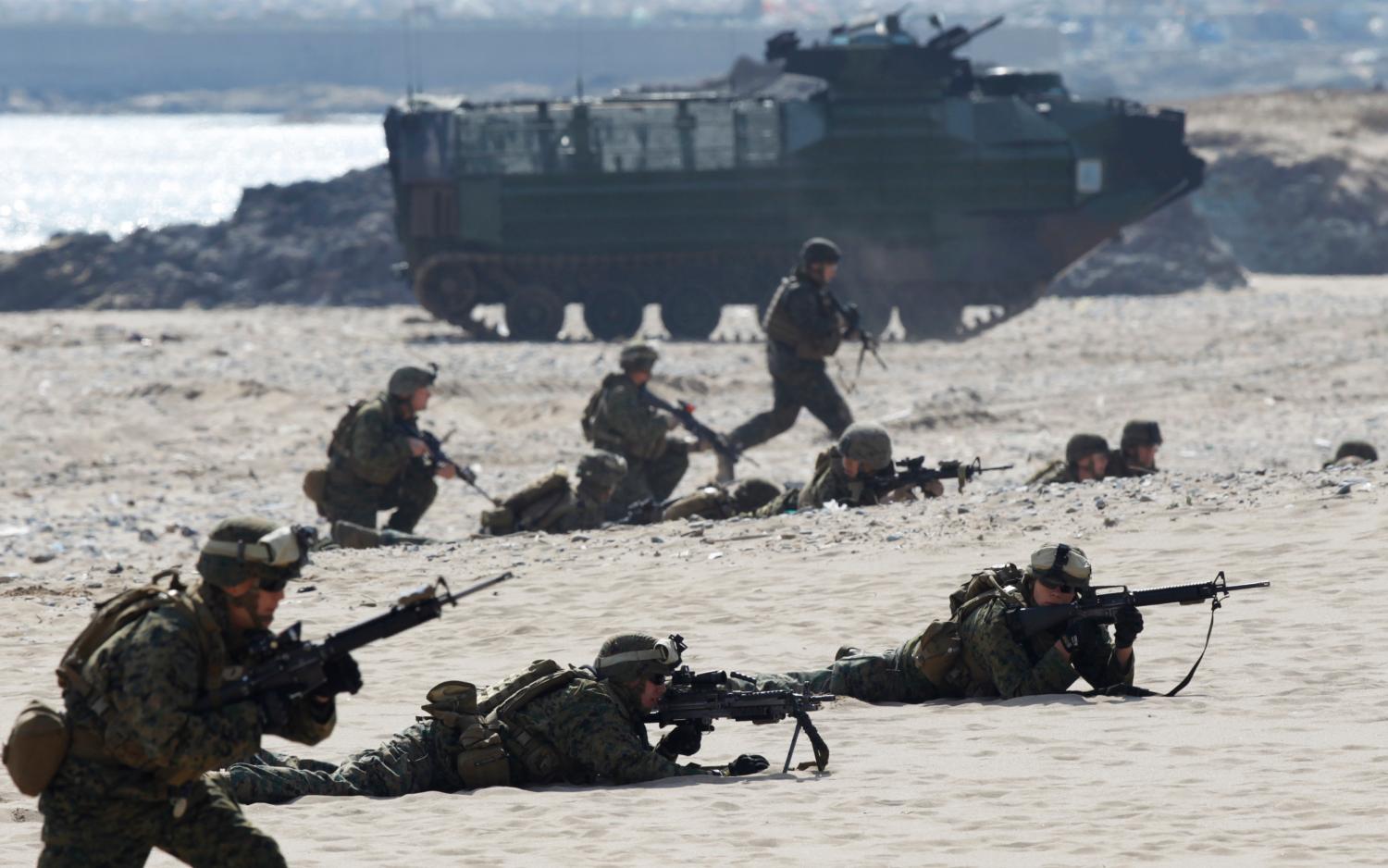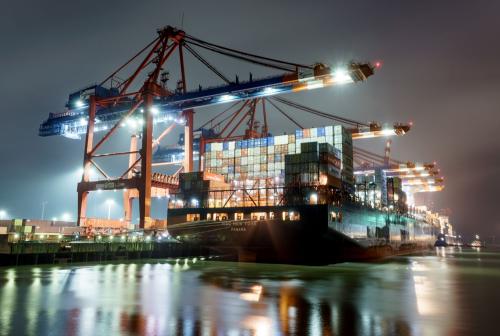Editor’s Note: For Campaign 2012, Bruce Jones, Thomas Wright and Jane Esberg wrote a policy brief proposing ideas for the next president on America’s role in the world. The following paper is a response to Jones, Wright and Esberg’s piece from Homi Kharas. Strobe Talbott and John-Michael Arnold also prepared a response arguing that political polarization in America is preventing the federal government from taking much-needed action on critical issues such as climate change and international security.
Bruce Jones, Jane Esberg, and Thomas Wright argue that the 2012 election is unlikely to have a major impact on the U.S.-led international order because the current administration’s position is driven not by ideology but by a realpolitik approach that recognizes two facts of life of the new world order: American reliance on the global economy and global reliance on American power. These facts are important drivers, but increasingly the U.S. position on foreign policy matters appears to have more to do with domestic politics and less with the issue at hand. Because Republicans and Democrats have quite different domestic political constituencies, the risk is that the elections will indeed generate important changes in how America relates to the rest of the world.
One red herring should be dismissed immediately. Although the political narratives strive to draw a contrast between the administration as accepting and managing America’s relative decline and a Republican rejection of decline and reassertion of American exceptionalism, there appears to be a middle ground between these two that best represents reality. The global economy and international financial system depend on the fact that the U.S. dollar is the unrivaled international reserve currency and global store of value, and the open global trading and foreign investment system is preserved by the unrivaled superiority of the U.S. military. Neither of these basic foundations of U.S. dominance is under serious challenge. America is, and will remain for decades, exceptional in these two regards. It is only in terms of less important indicators—such as the U.S. share of the global economy, of global manufacturing, and of global trade—that the United States is declining in relative terms. But that does not necessarily indicate a weakening of America’s global position. It could indicate a strengthening as more countries have a greater stake in the functioning of the global economic system and therefore depend more heavily on the foundations provided by the United States.
At the present juncture, a future administration will need to tackle two important issues: U.S. leadership of a new world order and the U.S. pivot toward Asia. In both matters, there do appear to be significant differences between the political parties that suggest the election outcome might have a more far-reaching impact on the world than suggested by Jones, Esberg, and Wright.
The international economic order is undergoing its most significant change since the Second World War. Historically, the main pillars to manage the global economy—the International Monetary Fund (IMF), the World Bank, the World Trade Organization, the Bank for International Settlements, and the Financial Stability Board—have been dominated by the financial and intellectual resources of the United States and its allies, particularly Europe. For most of this postwar period, the countries that make up the G7 accounted for at least two-thirds of global output, plus or minus a few percentage points when major events such as the 1970s oil price spikes temporarily upset the global equilibrium. G7 country banks and multinational corporations have also dominated global finance and trade. All these countries, as well as a number of smaller advanced economies, were committed to a market-based, open, globalized economy.
That dominance has shown signs of cracking since 2002. Last year marked the first time in the modern era that the G7 share of global output fell below one-half. Large, dynamic, emerging markets, mostly in Asia, but including Brazil, Mexico, and South Africa, have become important global players. These countries have focused on global rules that permit growth through a range of sometimes eclectic means rather than the current system that focuses on stability and common rules of the game for everyone. In view of the divergent objectives, management of the global economic system is under stress. The IMF has been unable to make progress in reducing global current account imbalances; the Doha Round of international trade talks has been stuck for a decade; proposed new banking regulations have placed a premium on stability; and almost no progress has been made on mitigating climate change.
In this environment, the United States, under the leadership of President George W. Bush, successfully brought together a new group of countries, the G20, as the self-appointed premier body for managing the global economy. There was considerable hope that the G20 would signal a reform of the international system to integrate emerging powers into the system of global governance. In practice, however, this effort is falling short. The emerging economies have taken a low profile in the G20. Reforms in other institutions like the IMF and the World Bank have proceeded at a glacial pace. And while the United States has a de facto veto on any global changes, it cannot achieve its goals without the support of its existing allies and new coalitions involving large emerging economies. Unfortunately for the United States, its traditional allies are growing weaker more rapidly than new alliances are being formed. That in turn is weakening the global reach of the United States.
International coalition building is an issue that divides Republicans and Democrats. The very phrase “global governance” is enough to trigger disgust among some of the Republican base. Senate Republicans denounced the IMF as a bailout machine that risks U.S. tax dollars for socialist ends. The IMF’s warnings against premature deficit reduction to avoid a double-dip recession are at odds with supply-side economic prescriptions. Republican candidates hold up Europe’s economy as an example of government excess. “Drill, baby, drill” would not advance the UN-sponsored global climate talks. In short, it is reasonable to think that the effort to reshape global institutions and achieve global agreements would look very different depending on the 2012 election outcome.
The election is also likely to affect the degree to which the United States pivots toward Asia. Republican candidates have expressed a far greater tilt toward the use of “hard” power in international affairs. That approach will complicate relationships with Asia and place the U.S.-China relationship, the most important single bilateral relationship in the world, on a different course. It may also imply that the focus of U.S. international engagement would continue to be on managing the legacy issues in the Middle East, rather than on turning toward Asia.
Jones, Esberg, and Wright argue that the differences between the parties will be minor in shaping America’s international order strategy. But in terms of global governance, the geographic focus of attention, and the lens of security versus economic interests, there may be marked differences in approach.




